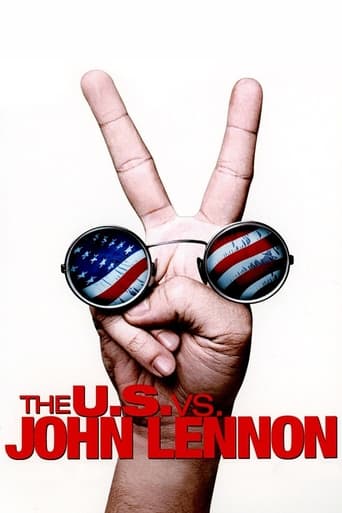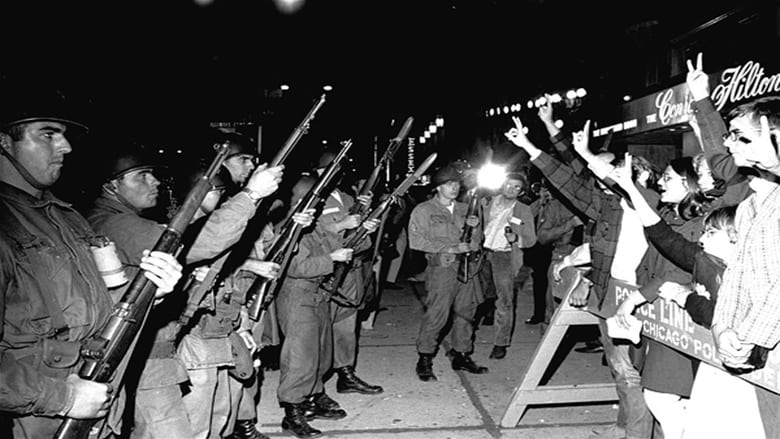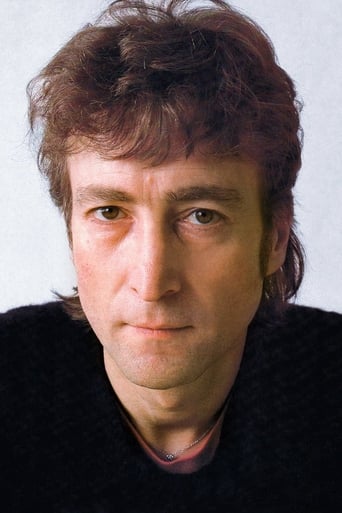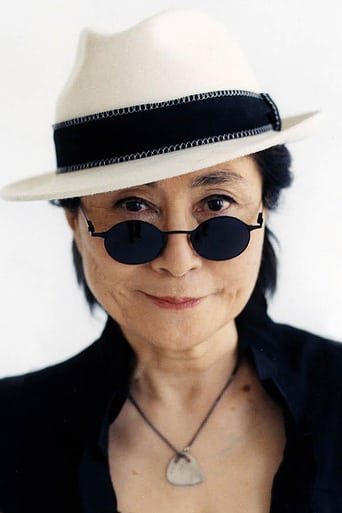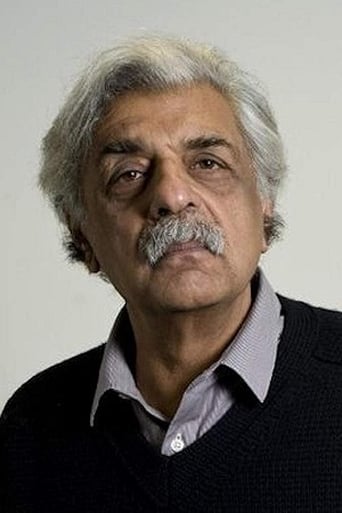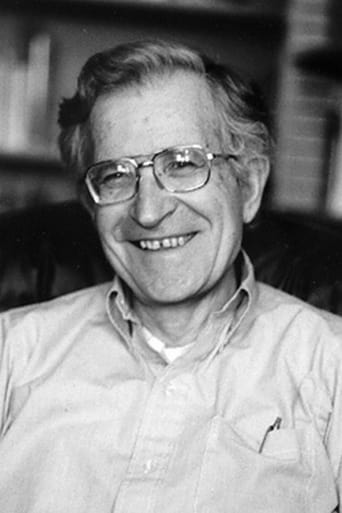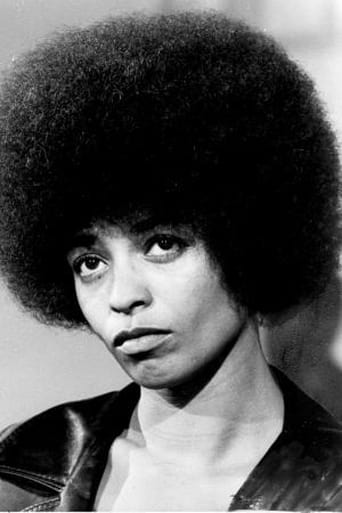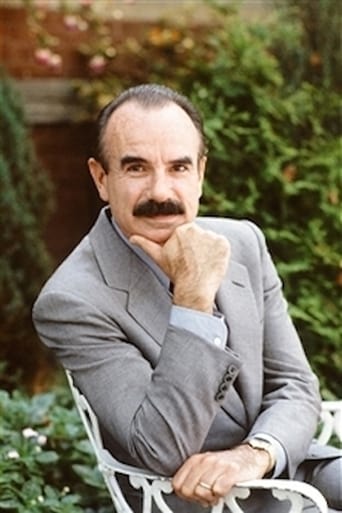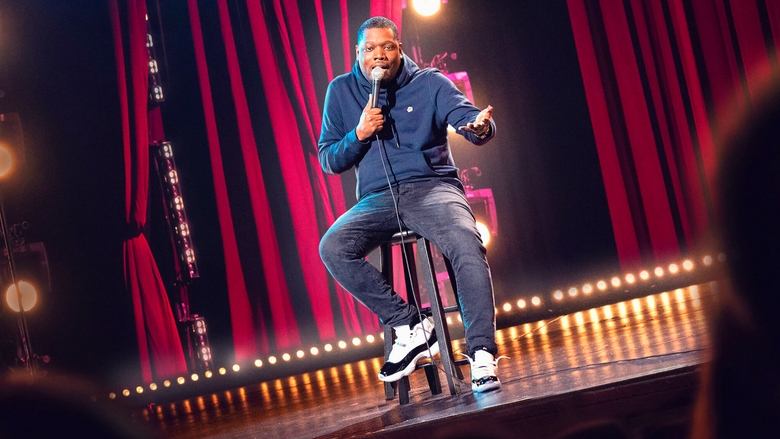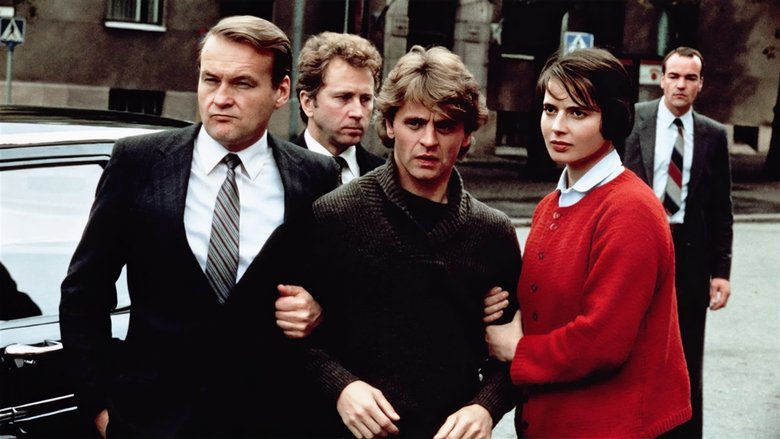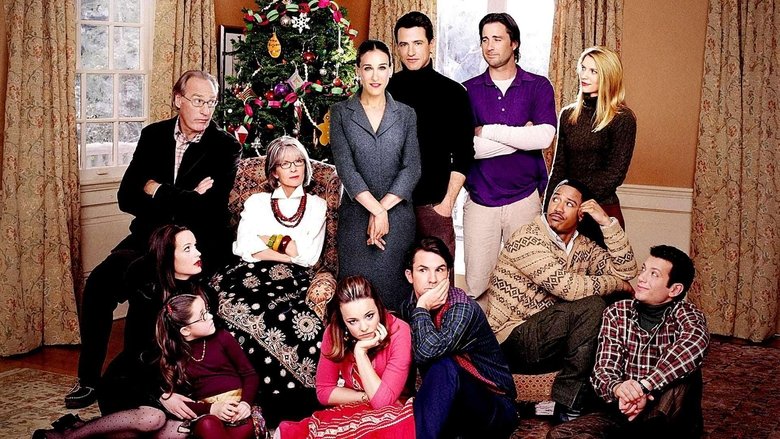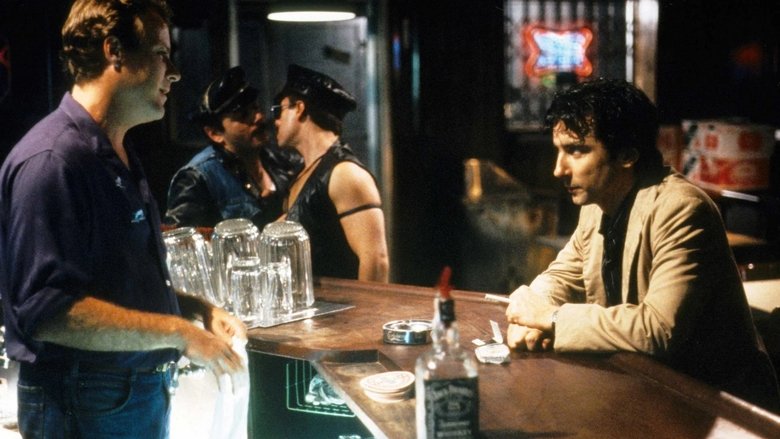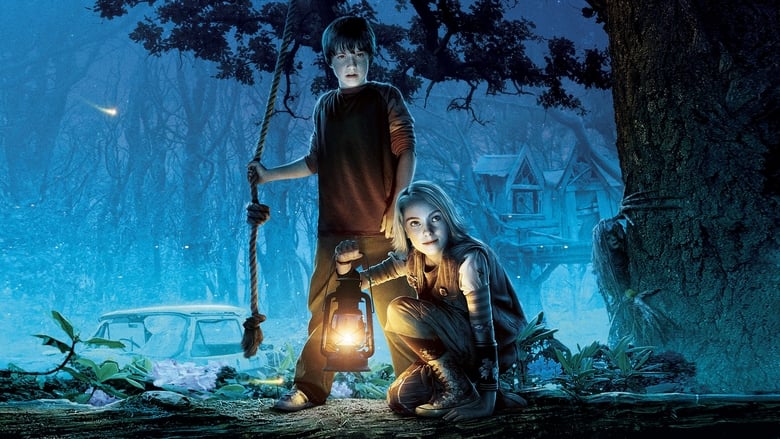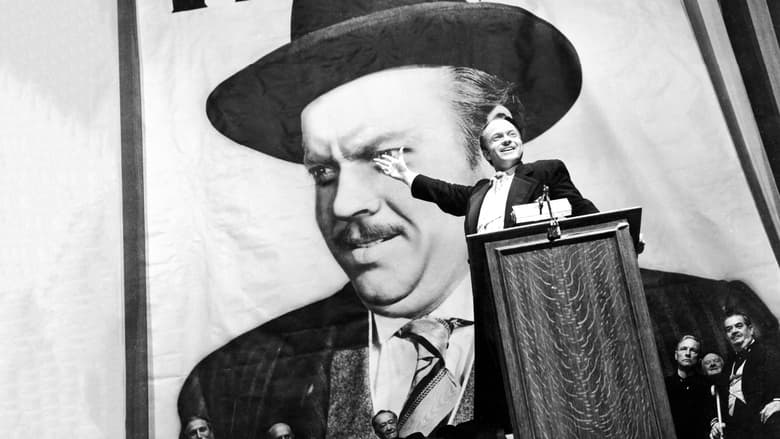A documentary on the life of John Lennon, with a focus on the time in his life when he transformed from a musician into an antiwar activist.


Similar titles
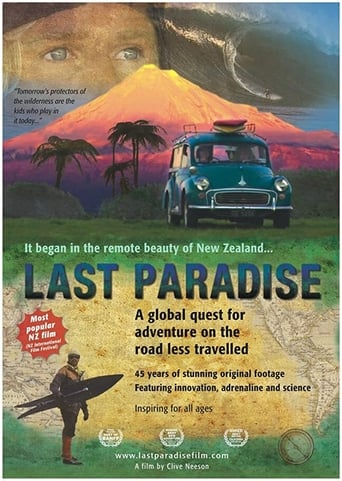
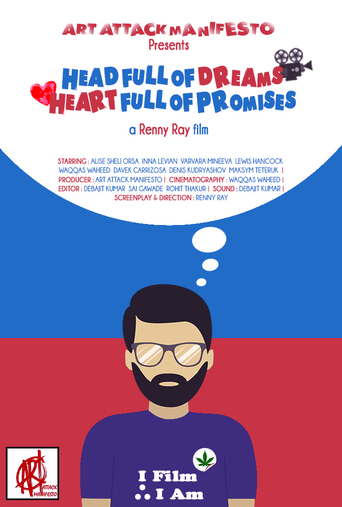

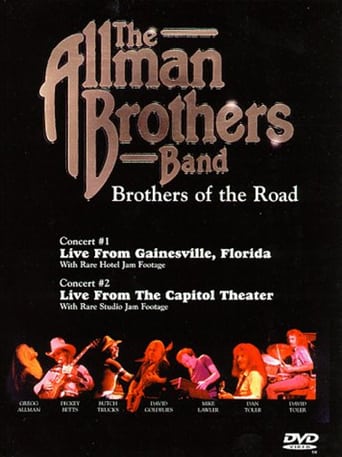
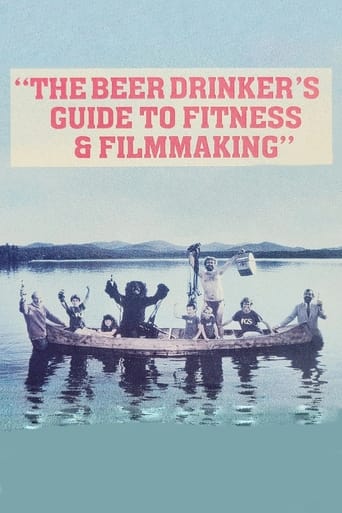
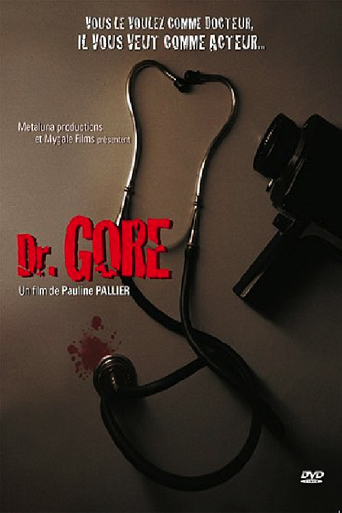
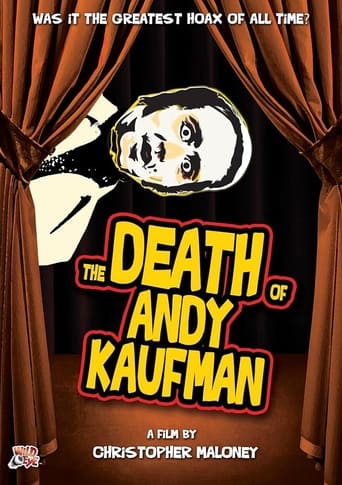
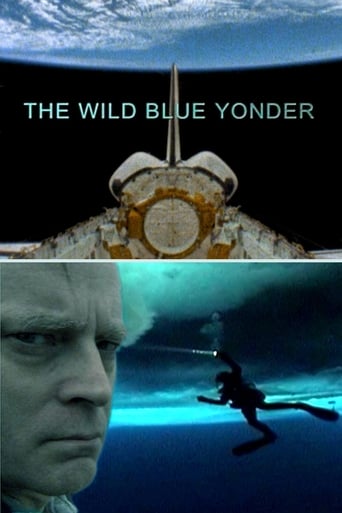
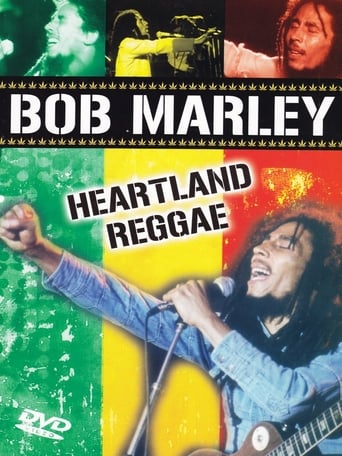
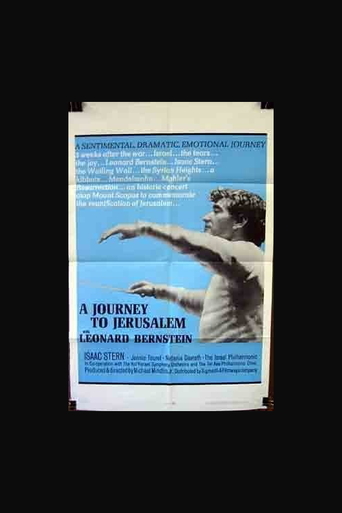
Reviews
As a lifelong Beatle fan, who grew up listening to the Beatles and John Lennon, the film made me feel that John was still with us.This film is a must see for any Beatle and/or Lennon fan. It is also a must see for younger generations who really wanted to know what the 1960s was all about and see the cultural shift that was taking place throughout the world.One of the executive producers was an acquaintance of mine. At the time that I first saw the movie, I did not know that this acquaintance was an executive producer. I saw his name in the credits, and also a Thanks acknowledgment to him. I had wondered if it was the same Steven Rothenberg that I met when I was a freshman at Stanford. He was a senior that lived down the hall in the same dormitory where I stayed. Sadly, I have since learned that Steve passed away in 2009. I remember him as a very bright, kind, humble, creative and funny guy. He was always approachable, always cheerful, and he tolerated us squirrelly freshman.
A concert made in order to ask the freedom of John Sinclair. Lennon was there and here begins The U.S. vs. John Lennon, a very entertaining and interesting documentary that first take us to what we already knew about Lennon to end focusing in his deportation problem. The reason of that problem is clear and obvious; the powerful footage is here and the picture features interviews with persons from that side and from the other side (close friends, historians, journalists, veterans, activists, senators, FBI ex-agents, Yoko Ono, etc) and that is quite interesting to hear persons that used to think quite different about Lennon but now those persons, in a neutral side, are glad that Lennon could won, partially. That interesting footage shows Lennon as we remember him and his music was, is and will be very powerful. The "Give Peace a Chance" part is amazing -John Lennon: If I'm going to get on the front page, I might as well get on the front page with the word peace. Gloria Emerson: but you've made yourself ridiculous! JL: to some people. I don't care if it saves lives. GE: you don't think you, oh my dear boy you're living in a never-never land you don't think you've saved a single life?JL: what were they singing in the moratorium? Give Peace a Chance And I'm glad they sang it AND WHEN I GET THERE I'LL SING IT WITH THEMThe "Mother" part, near the beginning, too and also I found perfect "Here We Go Again" during the part of the reelection of Nixon. "Instant Karma" (one of my personal favourites songs of Lennon) is at the credits of this documentary and made me stay watching and listening until the very end.Conclusion: The U.S. vs. John Lennon is a recommendable picture. Lennon was an admirable person and here his believes and his music are very well presented and the footage is great yet known since we already know who was Lennon and the main subject is interesting but obvious since, knowing who was Lennon, is easy to think the real reasons of why they wanted him outside the U.S. Anyway, I liked it a lot and I hope you can check it out. John Lennon (1940-1980)
U.S. vs. John Lennon, The (2006) *** (out of 4) Interesting and sometimes powerful documentary that discusses the U.S. governments attempt to get John Lennon pretty much kicked out of the country. The first part of the documentary pretty much covers everything Lennon was doing politically but then the second half really focuses in on the immigration battle. The second half is certainly the more entertaining segment because it's rather interesting seeing all the FBI files and so on. I've become a huge fan of Lennon over the past year or so even though I personally feel he was a tad bit crazy and even more naive. Even with that said, while watching this film you can't help but respect the guy. The documentary does a great job at showing how fearful Lennon was of being kicked out of the country and yet he stuck to his guns. On a somewhat side note, Lennon's comments about God while he was still a Beatle is also talked about and I can't help but feel this is one of the funniest moments in the history of rock. What's so funny about it is seeing George, Ringo and Paul look as if they are scared to death of what Lennon was going to say next. The facial expressions of Paul's face are just downright priceless. The music soundtrack here pretty much features every Lennon solo work. Well, not really but all of the greatest hits are on display. Having watched the two Beatles films earlier I can't help but think they all went on to do better music as solo artists (at least Lennon and Harrison).
David Leaf's and John Scheinfeld's *The U.S. vs. John Lennon* is an insular little diversion, showcasing Lennon's post-Beatles period when his activist voice made the United States government tremble in its widdle booties.Taking a stand against the Viet Nam War (back in the day when "peacenik" was not a four-letter word), allying with activists Abbie Hoffman, Jerry Rubin, Black Panther Bobby Seale, Lennon's "radical" political leanings eventually got him noticed by J. Edgar Hoover's Gestapo (erroneously called the FBI).In their quest to silence any who disagree with them, the fascist Nixon administration dogged Lennon until Strom Thurmond (then only 179 years old and looking not a day over Nosferatu) figured a way to silence Lennon without resorting to government-sanctioned murder (unlike their usual way of dealing with dissenters) deport him back to merry old Liverpool.The Immigration bureaucracy then smeared all over John and wife Yoko, who battled until they actually won in October 1975.Someone comments that it's hard to believe this pop star could have stirred up the government in such a manner; the fact that the FBI involved itself at all in surveilling Lennon illustrates the petulance, paranoia and panicky ignorance of what is supposedly the greatest superpower on Earth.Released in 2006, *The U.S. vs. John Lennon* has all the potential to be another stab through the heart of an administration struggling for credibility (the Bush fiasco), but never quite extricates itself from its own subject matter, ultimately about an activist who is dead (Lennon) and his dissent over a conflict that is over (Viet Nam), so misses the mark on compelling.My greatest quibble with the film is that it never strays from Lennon twisting the government's panties; it misses the opportunity to analogize the events of the early 70s with the repeated history of the early 2000s. The closest it comes to crossing historical boundaries is when Gore Vidal comments, "He was everything they hated. He represented Life, which was admirable, and Mr. Nixon and Mr. Bush represent death - and that is a bad thing." The overarching message Lennon promoted was simply PEACE. Why does or should ANYONE oppose him at all? The few opposing press opinionators and government lackeys who dogged him were not concerned with legitimate issues (execution of the message or advising him on protocol), they debated Lennon on the message itself. What is the *matter* with these people? (Well, we know what the matter is the perpetuation of conflict for ulterior agenda - but that would take us more off topic than a Yoko Ono song.) The movie loses street cred by calling Abbie Hoffman and Jerry Rubin "Radical Activists" as opposed to other protesting voices who are termed simply "Activists." Isn't that The Man's point of view? What makes an activist "radical" anyway? Telling the Truth? Through a megaphone?! Speaking of peace in a time of war? that's radical!Dictionary definition of radical is: "Favoring or effecting fundamental or revolutionary changes in current practices, conditions, or institutions" but this movie uses "radical" to describe an affront to the government's criminal war policy. And there is no consistency. Paul Krassner is tagged a "radical journalist" (for hanging with Rubin and Hoffman and writing subversive newsletters, I guess), while Carl Bernstein (labeled merely a "journalist," of *All The President's Men* fame) helped bring down Nixon's Satanic White House! You tell me: what's more of a "fundamental, revolutionary change"? Meanwhile an ex-con and felon who planned the Watergate break-in - G. Gordon Liddy - instead of being labeled with either his prisoner number, his bitch name in jail, or even "criminal mastermind" is titled "Former Nixon Administration Official." If they can't get their labeling right, how do we take this movie seriously at all? From interviews with Ron Kovic (author, *Born on the Fourth of July*), to Geraldo Rivera (radical mustachio), Mario Cuomo (ex-Governor of New York) to legendary author Noam Chomsky and former presidential candidate George McGovern (to name but a few), the film tries to cover all angles, but neglects to impart major reasons for world events - we get no explanation of why the Viet Nam war is even happening; Nixon is suddenly ousted from the White House with no Watergate; Mark David Chapman (Lennon's killer) is not even mentioned by name. Lennon songs are strewn non-chronologically throughout the movie, mirroring the almost arbitrary, stream-of-consciousness events, like the bed-ins, the bag-ins and those oh-so-radical megaphone rallies - though it truly is stirring to hear *Power to the People* and *Give Peace a Chance* in the contexts for which they were written.Under *Imagine* the film hits another low point in cliché, giving us still-frame flashpoints in Viet Nam (the bloated dead in graves, the child soldier, the gun to the head of a prisoner you know the manipulative mantra).Ironically, the North American Union (that underhanded pigdog Free Trade treaty between the Head Eggs of the three countries of Mexico, the United States and Canada) seems to be congruent with John's vision: "Imagine there's no countries / It isn't hard to do / Nothing to kill or die for / And no religion too" but the brotherhood of man "sharing all the world" Lennon envisioned did not include *enslaving* the population through a police state and radio frequency ID cards which is what the Three Amigos are cultivating with their illegal disintegration of the borders.After all, the last lines of that verse are "Imagine all the people / Living life in peace..." Now THAT would be radical.
